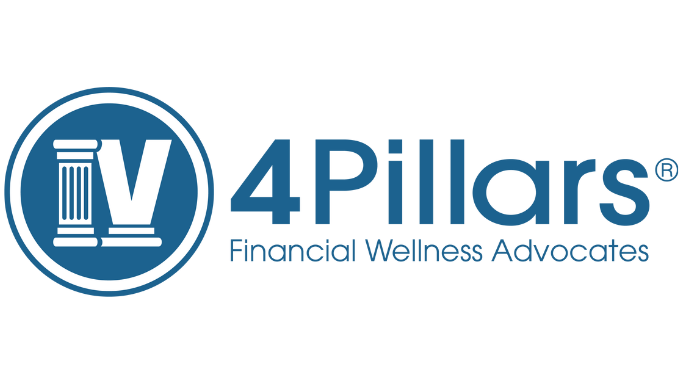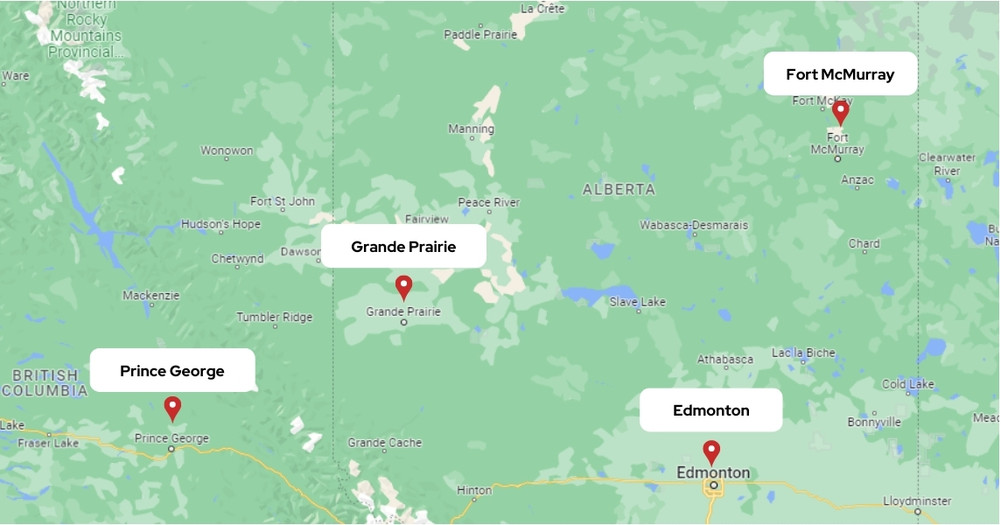The odd thing about money is that you get it and it just slips through your fingers and vanish. You ever find that your account gets refilled with your income at the start of the month, but by the end of thirty days, it’s quite depleted. So you brood and ask yourself, “Where did all the money go?”
What you need to do is to create an plan to understand where your money is going. Creating a budget is the best way to start. This is the first and the easiest step. When you track the budget then you won’t brood anymore and ask yourself the above question. Instead, once you create a budget and most importantly track, you’ll learn to control your finances.
Setting Goals
Creating a budget attends to your present and future financial needs and this is what your goals should reflect. Divide your goals into short term and long term. A short term goal could be purchasing a new phone and a long term one could be getting out of debt.
When you have your goals set up, the rest of your budget should reflect that.
Household Income Amount
Find out how much of income you’re getting. Look not only at your salary income income, but even your investments, tax cuts, bonuses, etc.
Track your Spending
If you’ve never tracked your own budget before, you may find tracking your spending a tad bit tedious. Every time you make a spending, note it down before it slips your mind. Don’t miss out even the tiniest purchase.
Also, create divisions in your spending based on necessary purchases, luxury items, medical bills, etc. See which divisions work for you.
With a smartphone in your hand, tracking your spending is much easier, since there are many apps to help you out. We have another article on which you might find useful.
5 Top Rated Apps To Manage Your Expenses And Plan Your Budget
Investments
Have an additional section for investments. Apart for saving up money, set aside funds for investment. You don’t want money to hibernate in your accounts. Safe and correct investment assures your money is doubling up instead of just hibernating. If you have debt then you also want to see what is your investments getting you and what you are paying on your debt.
Credit Debt
Chances are that you’re using a credit card, so keep a section on credit. This will help manage your debt, make the monthly payments on time and maintain good credit.The best way to manage credit card debt from piling up at the end of the month is to set up an saving account. The day you use the credit card, go and transfer the amount you spent into that savings account. So when the credit card payment is due, you have the money to pay !!
Adding it all up
At the end of the month, add up all your expenses. This will reveal crucial data on your spending habits and point out how much money you’ve managed to save and waste. Believe me, when we have done this for our clients, it opens their eyes to their expenses.
Targets
Set targets in your budget. Put a limit on the expenses, which you think are luxurious ones, depending on your situation and aim to pay more to your debt if getting out of debt is an goal.
Your targets will greatly depend on the goals you’ve set. If you want to increase the amount of your monthly payments to close your debt faster, you’ll have to increase your payments.
Sticking to targets will be difficult, but it’s important you do, otherwise the whole point of budgeting is lost. You need to be mindful of your spending and don’t splurge out money.
Review
Constantly review your budget on an monthly basis. If you feel it’s not working hard enough to reach your goals, then change it. If your credit has turned bad, it’s a sign that your budget needs an overhaul.
As your financial situation changes, your budget needs to adapt. Ultimately, the efforts you make now will benefit you in the future.



